Vaccines assist in the prevention of diseases, but there are a lot of misinformation about them that keep people from getting immunized. Get the facts and make sure you research vaccines and talk to your primary care provider so that you can make the best decision for you and your family.
What’s the purpose of a vaccine?
Vaccines decrease the risks of getting a disease by building up your bodies natural defense systems.
How do vaccines work?
All vaccines are different and have different objectives. A vaccination is made up of antigens, adjuvants, added to enhance the immune system response; antibiotics, to prevent contamination during the manufacturing process; and preservatives and stabilizers. This concoction works with your body to create antibodies that build up to help prevent disease. By getting a vaccine you develop immunity to that disease without ever getting the disease.
What are the benefits of vaccines?
The main benefit that you get from a vaccine is you are protecting yourself from getting sick. Vaccines also help protect those around us who cannot get vaccinated such as newborns, those undergoing cancer treatments or who have a weakened immune system or have had a severe allergic reaction to a previous vaccine dose.
Are there any risks or side effects to getting vaccinated?
Most vaccines come with very little risks and most have very mild side effects, if any. Common side effects include low grade fever (a sign of your immune system working to build up antibodies) and soreness at the injection site. Rarely, an individual might have an allergic reaction to a vaccine. These allergic reactions are treatable and very rare. If you have had allergic reactions in the past be sure to disclose that to your doctor.
What are the risks of not getting vaccinated?
The risks of not getting vaccinated is that you do not have protection against a disease that can cause great harm. All vaccine preventable diseases still circulate in the United States and in other places around the world and can cause outbreaks in communities, affecting those who do not have immunity to that disease. If you chose not to vaccinate yourself or your family, it is important to have a conversation with your primary care provider about what steps to take if there is an outbreak and what to watch for.
Can a vaccine give someone the disease it’s supposed to prevent?
No. Vaccines cannot give someone the disease they are used to prevent. Vaccines contain the same viruses that cause the disease, but those viruses are inactivated or weakened so they do not make you sick.
Have questions or concerns? Call Dr. Saska Sookra. Lifestream Family Medicine wants to be your primary care facility. Contact us to schedule an appointment by clicking this link or calling (941) 755-0433







